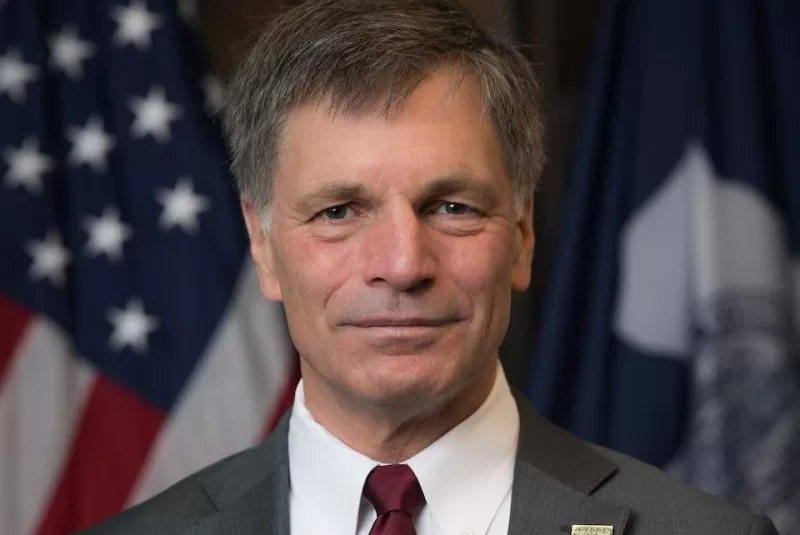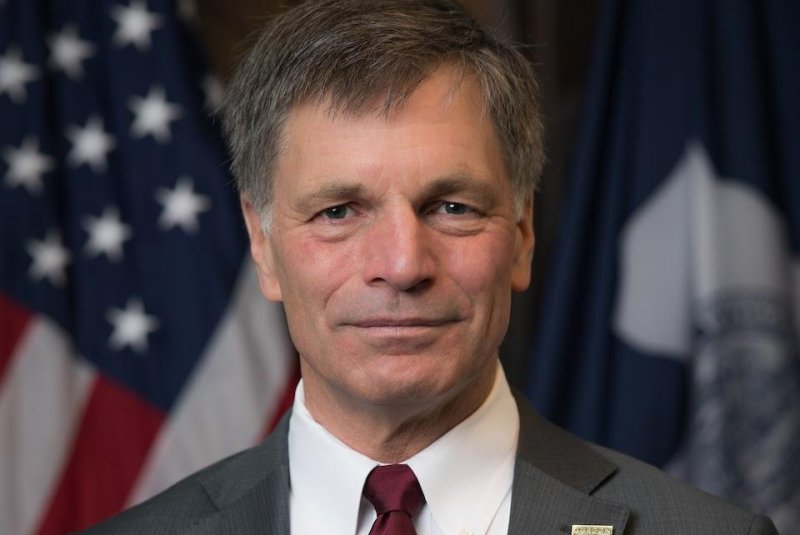Wyoming Gov. Mark Gordon has signed a bill banning doctors in that state from performing gender transitioning and gender reassignment procedures for children. Photo courtesy Wyoming Governor’s Office
March 23 (UPI) — Wyoming’s Republican governor has signed a bill into law banning doctors in that state from performing gender transitioning and gender reassignment procedures for children.
Wyoming became the 24th state to enact similar legislation after Gov. Mark Gordon signed the bill Friday.
Legislators in both the state House and Senate passed the legislation earlier this month.
“I signed SF99 because I support the protections this bill includes for children, however it is my belief that the government is straying into the personal affairs of families,” Gordon said in a statement.
“Our legislature needs to sort out its intentions with regard to parental rights. While it inserts governmental prerogative in some places, it affirms parental rights in others,” he said.
In addition to doctors, the law also subjects pharmacists and other healthcare professionals to legal penalties for providing gender-affirming care to minors, including the revocation of licenses.
“There was an opportunity to find common cause on issues we agreed with: surgery for minors is inappropriate, other healthcare options … should remain the purview of parents and their qualified physicians,” Wyoming Equality Executive Director Sara Burlingame said in a statement to WyoFile.
She said she was “dismayed” at the new law, calling it a clear case of “government overreach.”
Two states, Montana and Idaho have had similar bans blocked by federal judges.
Last month, officials in Idaho asked the Supreme Court to allow the state to enforce its felony ban on minors receiving gender-affirming healthcare, calling the scope of the lower court’s decision too broad.

